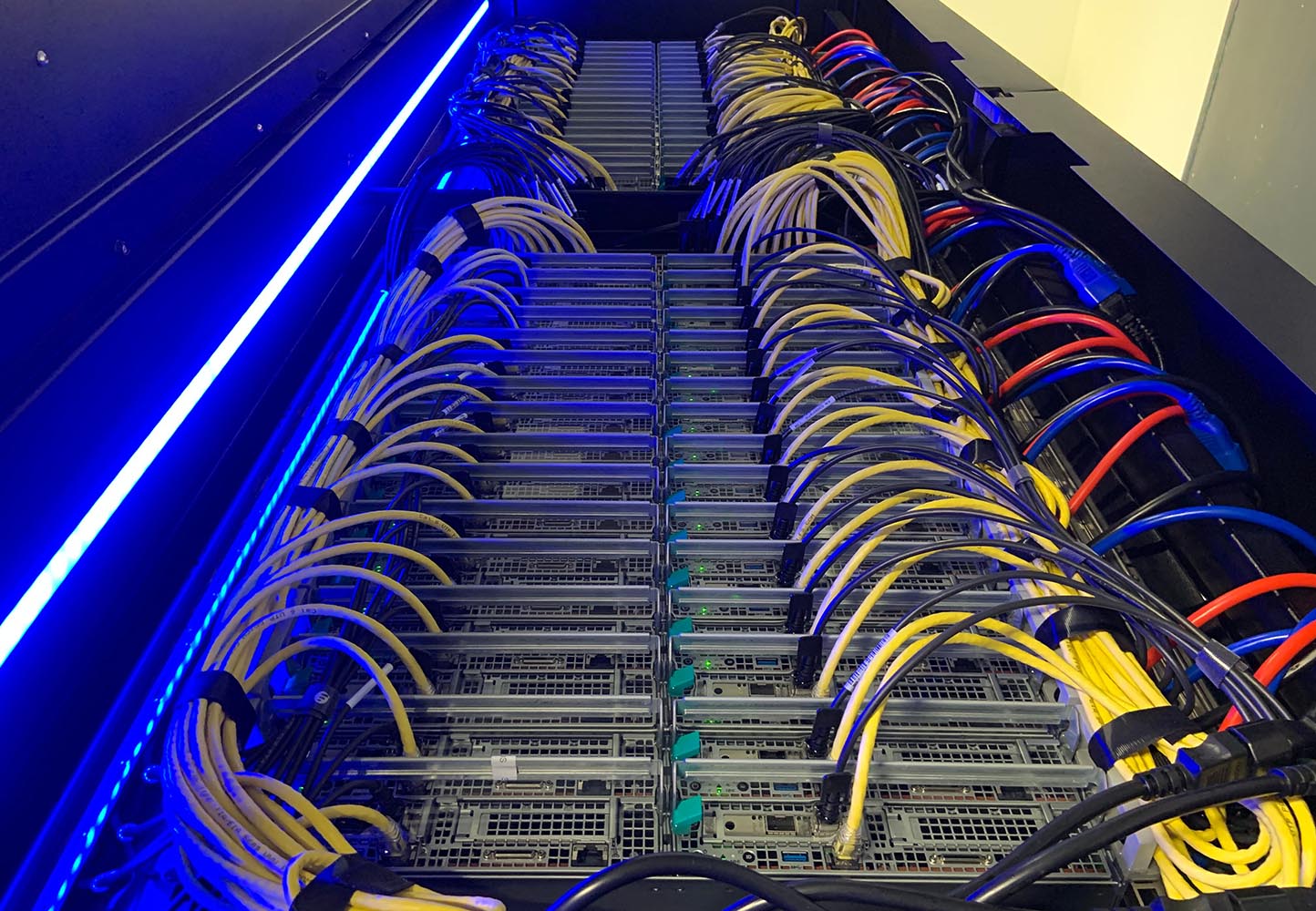
Castrol opens liquid cooling centre for data centres in the UK
Castrol, a global leader in lubricants and fluid technology, has officially opened its state-of-the-art ‘Liquid Cooling Centre of Excellence’ at its global technology centre in Pangbourne, Berkshire, UK. The inauguration event attracted key customers, ecosystem partners, and industry stakeholders, providing them with insights into the latest advancements in immersion cooling solutions for data centres.
Industry insights and innovations
Attendees were briefed by industry experts, thought leaders, Castrol technologists, and partners on the critical challenges faced by the IT industry, particularly regarding efficient cooling solutions for data centres. The event underscored Castrol’s commitment to addressing these challenges through its new thought leadership campaign and commissioned research, which aims to showcase the transformative impact of immersion cooling on the future of data centres. The findings of this research will be released later this year.
Why data centre cooling matters
According to a 2023 report from the International Energy Agency, data centre operations and data transmission networks account for 1-1.5% of global electricity consumption, a figure expected to rise with the growing demand for digital solutions. Efficient cooling is essential for sustainable data centre operations. Castrol, leveraging its expertise in lubricants and electric vehicle fluids, is well-positioned to support data centre customers with next-generation immersion cooling fluids. This initiative aligns with Castrol’s 2024 ‘Onward Upward Forward’ strategy, which identifies data centre cooling as a significant growth opportunity.
Introduction of the MegaPod
Castrol unveiled the ‘MegaPod,’ a cutting-edge replica of an immersion-cooled data centre. This facility, located at the Pangbourne technology centre, features two immersion tanks capable of dissipating up to 50kW of heat load each. The MegaPod enables simultaneous testing of different fluids, facilitating advanced research, IT hardware testing, and validation of immersion cooling technology. It is part of bp’s GBP50 million (USD63.8 million) investment in a new electric vehicle battery testing centre and analytical laboratory in the UK.
How immersion cooling works
Immersion cooling involves submerging electrical equipment in dielectric fluids with low electrical conductivity, preventing damage to the equipment. These fluids absorb excess heat from components such as CPUs and GPUs, transferring it to a heat exchanger where it is removed from the facility for cooling or waste heat recovery. This method ensures efficient heat removal and additional protection for equipment, supporting Castrol’s PATH360 sustainability framework to reduce energy waste and water usage.
Collaborative partnerships
Recognising that the challenges of data centre cooling cannot be addressed by a single entity, Castrol ON is building partnerships across various sectors. Collaborations with universities, manufacturers, and customers aim to accelerate innovation and provide solutions to real-world problems. Notable partnerships include those with the Research Institute of Sweden (RISE) and leading server and chip OEMs, enhancing Castrol’s capabilities in fluid research and data centre hardware optimisation.














